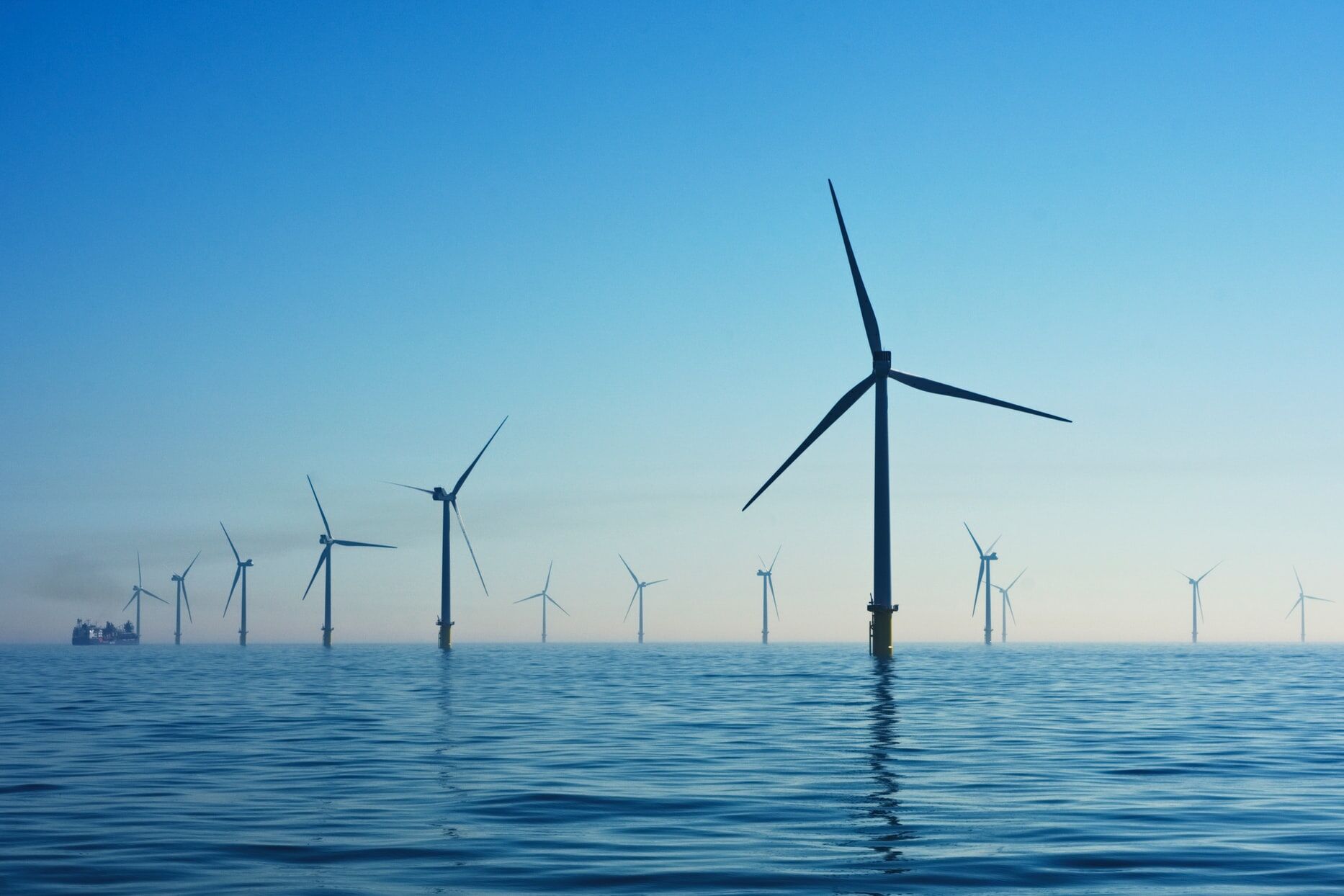Farid Karimi[i]
In December 2020, Kriegers Flak Combined Grid Solution (CGS) project will be launched to connect Zealand region in Denmark to Mecklenburg-Vorpommern in Germany[ii]. This project connects the German and Danish grid together. Given Germany and Denmark have been developing their offshore wind energy capacity in the Baltic Sea significantly, CGS project increases the security of supply substantially to addresses fluctuation in wind electricity generation. Generally speaking, a meshed grid, which combines interconnector infrastructure with export cables would boost the interconnection of electricity markets and efficiently utilise wind power potential in the region.
One of the greatest assets to the Baltic Sea Region (BSR) countries is the ample potential for offshore wind energy in the Baltic Sea. Nonetheless, soon with an increasing share of Variable Renewable Energy (VRE), we require ensuring flexibility to cover the load when there is not enough of wind or solar and efficient use of the surplus at the period with high wind and solar generation. The new EU energy policy framework[iii] promotes flexibility in power systems through various measures to ensure the security of supply and affordability while fulfilling the goal of having a high share of renewable energy in EU countries. These measures include obligations for market coupling, enhancing regional cooperation, developing intra-day and cross-border balancing markets, rolling out smart meters, and dynamic pricing.
To harness the existing ample energy resources in the BSR, a need exists for a strategy to utilise these resources for developing a robust integrated electricity market based on VRE (i.e., non-dispatchable sources of electricity) with the required flexibility. In general, there is a quite well functioning power system in most parts of the BSR based on dispatchable sources, even though energy policies have been mainly focused on a national level. Thus, a common electricity market makes it possible to utilise the power generation mix based on VRE in different countries. Development of international grid capacity and infrastructure, in addition to more investments in R&D, are seemingly important measures for developing a flexible electricity market in the BSR. Moreover, having a higher energy storage capacity available could increase flexibility, particularly for prosumers, on islands, and in isolated areas.
Another measure for flexibility in the BSR is the intersectoral and market coupling. In other words, the coupling of electricity markets with heat, gas, and transportation sectors increases flexibility. However, somewhat a divergence degree of development of the markets coupling exists in some of the countries in the region. In addition, most of the present regulatory framework conditions have not been designed to provide flexibility per se or to ease more integration of VRE generation into the markets.
Synchronising the Baltic States’ electricity grid with the Continental European Network is another important step in developing a common electricity market and ensuring security of supply in the BSR. Currently, the Baltic States’ power system is synchronised with Russia; as a result, security of supply is at even greater risk in these states than in Finland, another importer of electricity from Russia. The Baltic States and the EU Commission aim to upgrade and restructure these states’ electricity systems by 2025[iv].
Finally, public attitudes toward new energy infrastructure will considerably affect the development of it. Social acceptability is a key factor that should be considered in parallel with the development of such infrastructure. Currently, the awareness about the concept of flexibility and importance of a regional integrated electricity market is not well understood by the public and politicians in some of the countries in the BSR. The importance of flexibility and its correlation with the security of supply has not yet been realised politically. Therefore, there is a need for a comprehensive plan for social outreach, including effective and transparent communication with the public concerning the cost, economic benefits and (dis-)advantages of flexibility and an integrated electricity market. To pursue this successfully, consideration of the cross-cultural and social setting differences between countries of the region is important.
In sum, the Danish-German Kriegers Flak CGS project is a promising step towards an integrated electricity market in the BSR aligned with the EU Green Deal.
[i] I thank Dr Alexander Drost for his review of this article.
[ii]https://www.50hertz.com/en/News/FullarticleNewsof50Hertz/id/7018/update-on-combined-grid-solution-kriegers-flak
[iii]https://ec.europa.eu/energy/topics/energy-strategy/clean-energy-all-europeans_en
[iv]https://ec.europa.eu/commission/presscorner/detail/en/IP_18_4284

